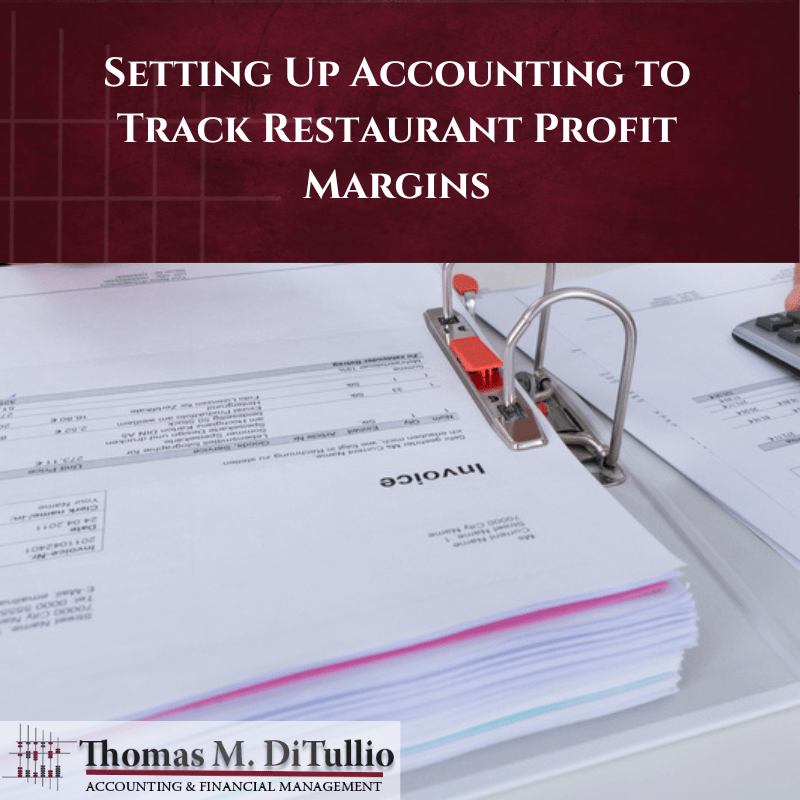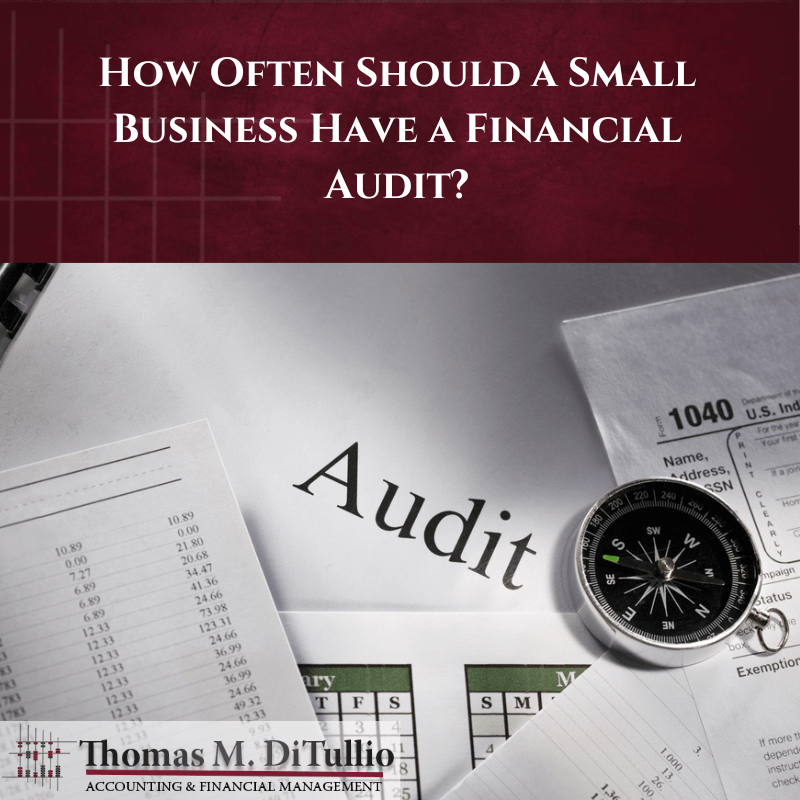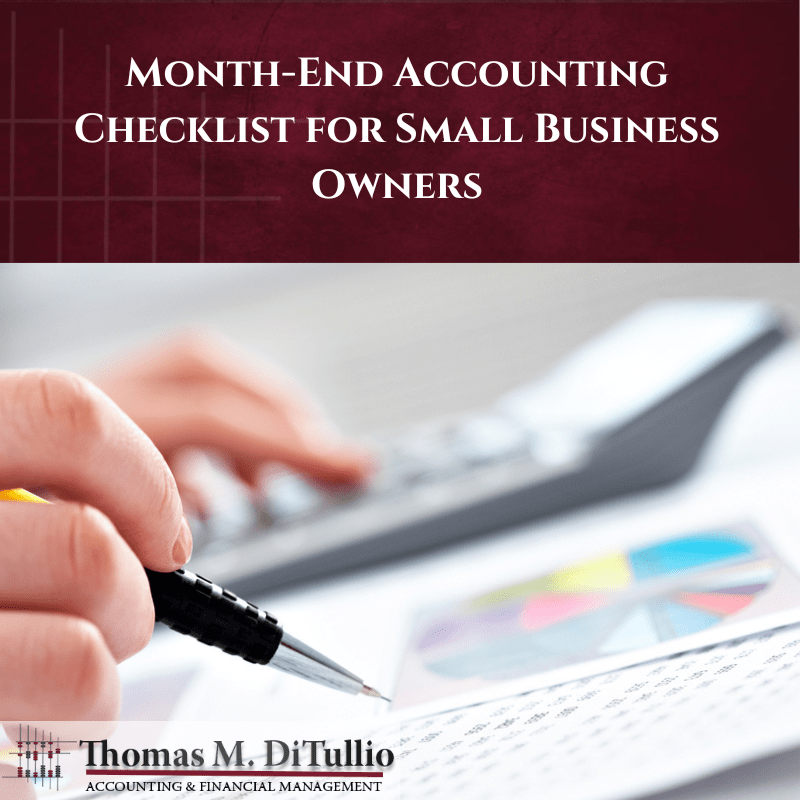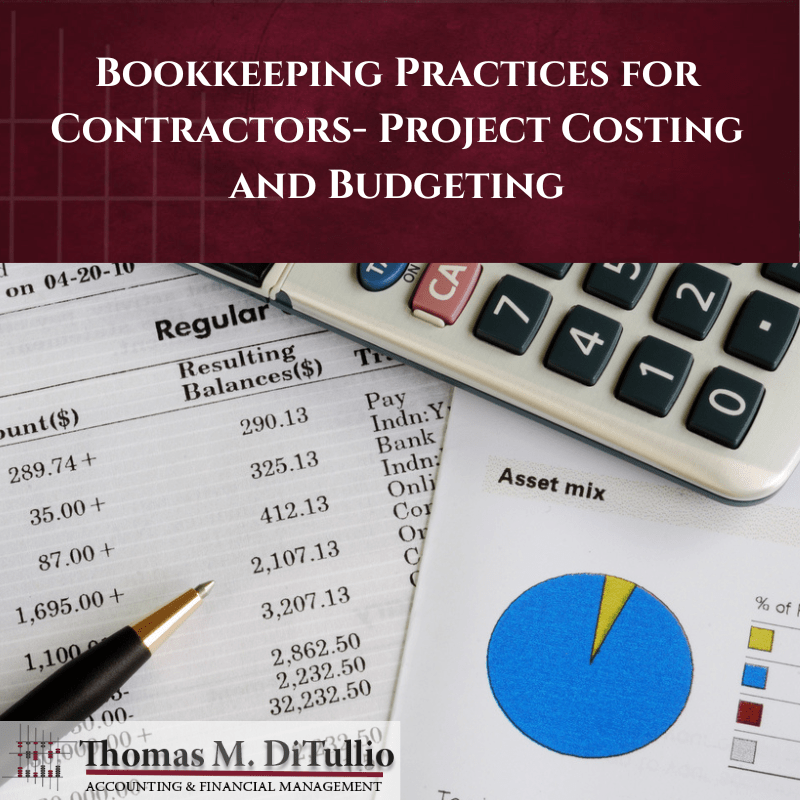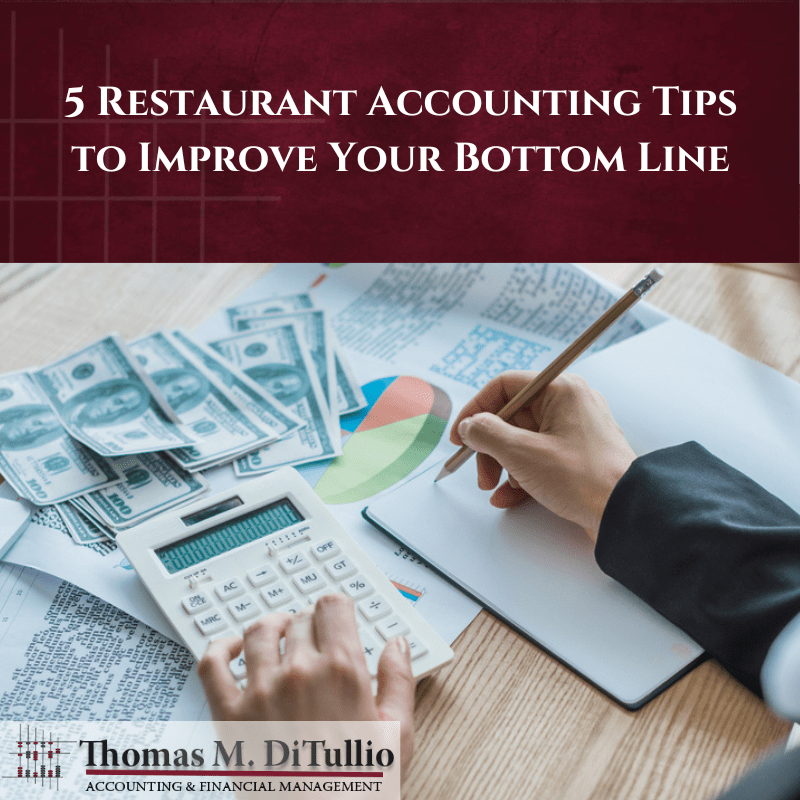Setting Up Accounting to Track Restaurant Profit Margins
Restaurant profit margins are the percentage of revenue a restaurant keeps after paying for all the expenses. Restaurant profit margins are a key indicator of a restaurant’s financial health and performance, and they can help restaurant owners make informed decisions about pricing, menu, inventory, staffing, and marketing.
However, tracking restaurant profit margins can be challenging, as it requires accurate and timely accounting of all the income and expenses related to the restaurant business. In this article, we will show you how to set up accounting to track restaurant profit margins effectively and efficiently.
What are the components of restaurant profit margins?
Restaurant profit margins can be divided into two types: gross profit margin and net profit margin.
- Gross profit margin is the percentage of revenue that a restaurant keeps as profit after paying for the cost of goods sold (COGS), which is the cost of the food and beverages that are sold to the customers. Gross profit margin can be calculated by subtracting COGS from revenue and dividing the result by revenue. For example, if a restaurant’s revenue is $10,000 and its COGS is $4,000, its gross profit margin would be 60% ($10,000 – $4,000) / $10,000.
- Net profit margin is the percentage of revenue that a restaurant keeps as profit after paying for all the operating expenses, such as rent, utilities, wages, taxes, and marketing. Net profit margin can be calculated by subtracting operating expenses from gross profit and dividing the result by revenue. For example, if a restaurant’s gross profit is $6,000 and its operating expenses are $3,000, its net profit margin would be 30% ($6,000 – $3,000) / $10,000.
How to set up accounting to track restaurant profit margins?
To set up accounts to track restaurant profit margins, you need to follow these steps:
- Choose an accounting method: You need to choose an accounting method that suits your restaurant’s needs and preferences. The two main accounting methods are cash basis and accrual basis. Cash-based accounting records transactions when cash is received or paid, while accrual-basis accounting records transactions when earned or incurred, regardless of cash flow. Cash-based accounting is simpler and easier, but accrual-based accounting is more accurate and realistic.
- Choose an accounting software: You must choose an accounting software that helps you automate and streamline your accounting process. There are many accounting software options available, such as QuickBooks, Xero, FreshBooks, and [Wave]. You should look for accounting software that is easy to use, affordable, secure, and compatible with your point-of-sale (POS) system and other tools.
- Record your income and expenses: You need to record all your income and expenses related to your restaurant business in your accounting software. You need to categorize your income and expenses by account, such as revenue, COGS, rent, utilities, wages, taxes, etc. You also need to reconcile your bank and credit card accounts with your accounting records, and make sure that they match. You also need to identify and resolve any discrepancies or errors, such as missing transactions, duplicate transactions, incorrect amounts, or wrong classifications.
- Prepare your financial statements: You need to prepare your financial statements, such as income statements, balance sheets, and cash flow statements, that show the financial performance and position of your restaurant business. These statements help you calculate and track your gross profit margin and net profit margin, as well as other financial ratios, such as profitability, liquidity, solvency, and efficiency. You also need to compare your actual results with your budget and forecast and identify any variances or gaps.
Conclusion
By setting up accounting to track restaurant profit margins, you can improve your restaurant’s financial health and performance, and make informed decisions about your restaurant business. You can also contact TMD Accounting, the best small business accountant in NJ, to get professional help with your restaurant accounting. We offer a range of accounting services, including bookkeeping, payroll, tax, and accounting, for small businesses in various industries, including restaurants. We have the expertise, the experience, and the resources to handle your restaurant accounting with accuracy and timeliness.
Contact us today at (856) 228-2205, or email us at info@tmdaccounting.com, or visit our website at https://tmdaccounting.com/. We are located at 202 Ganttown Road, Turnersville, NJ 08012. TMD Accounting, the best accounting firm in New Jersey.


